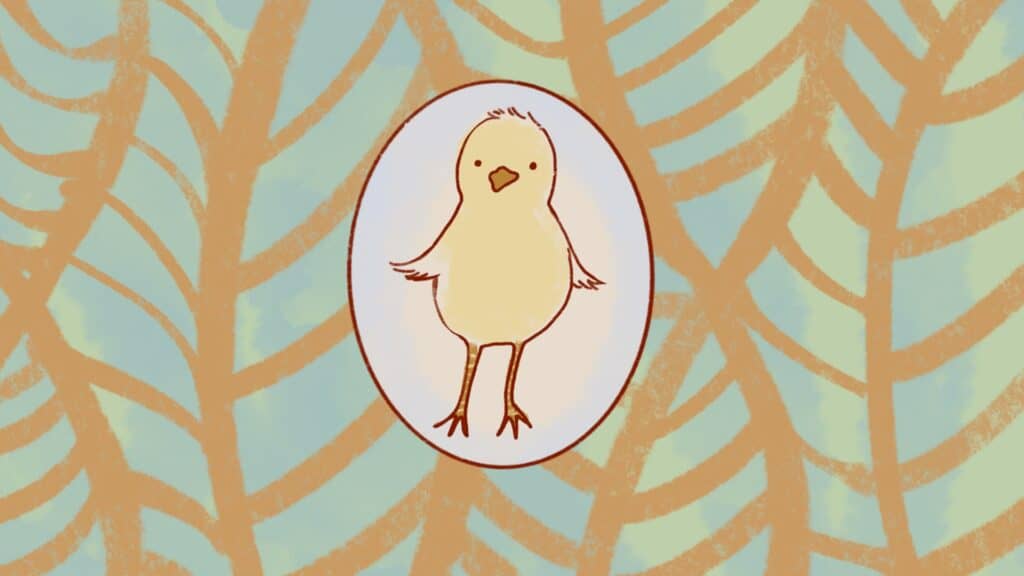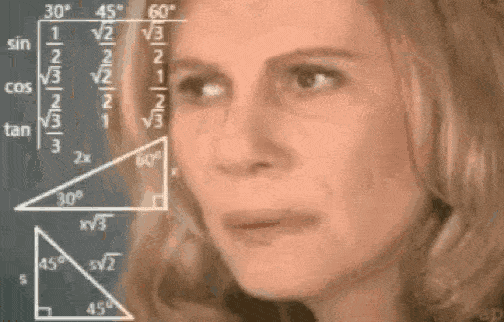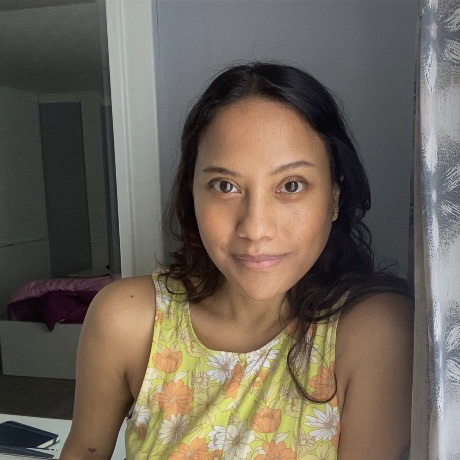Everybody Starts Somewhere

Last year, I was asked to make an animated lyric video for a great band. I had no experience making a video like this. I knew how to edit video, and I knew how to illustrate, but animate?
It was a dream opportunity, in my opinion. The pay wasn't much, but it was a chance to level myself up in a number of skills that I'd always been interested in — and to further explore the motion graphic/motion design field, as well. I had more or less complete creative control, and some amazing people who were willing to play along with what I wanted.
I was excited about this project, and I said so, to a friend of mine, who was also an animator. She said:
Be careful about calling it animation.
She explained that there were actual animators out there, who might be offended if I called what I did, "animation."

Clever roasting aside, here's the thing.
There are literally, like, no rules about this.
Someone was giving me money to make an animation. I'd say that was the definition of a professional animator ... wouldn't you? I may not be a career animator, I may not be a trained animator, but someone gave me money for a job, and I did that job. That makes me a professional. And you know what? Doing that job led to more animation jobs! (And that's the story of how I fell sideways into motion design!)
Don't let anyone take that away from you, if it's what you want to do. When you're a beginner, you should use each opportunity as a chance to learn new skills or solidify your existing ones. You can't phone in something you're just starting out on. You can, in fact, learn something badly.
It's not perfect. What if people make fun of me?
I'll leave you with this recent email from Jonathan Stark's newsletter:
Do you consider yourself a perfectionist?
Maybe you’re actually an idealist.
There’s a big difference…
Perfectionism is a refusal to accept any standard short of perfection.
Idealism is the practice of pursuing ideals, even if they are unrealistic.
Perfectionism is about rejection.
Idealism is about practice.
Which do you think is more useful?
Yours,
—J
I'll be honest: Some people might make fun of you. It's not fun, and it's not great, but if you accept that it will happen, it will probably lessen the sting. That's just what happens when we draw a line in the sand. In order to be somebody, you also have to decide who you are not. By pursuing inoffensiveness, you give up distinction. In other words, no one will pay attention to you if they haven't noticed you at all.
Everybody starts somewhere.
Nobody tells this to people who are beginners, I wish someone told me.
All of us who do creative work, we get into it because we have good taste. But there is this gap. For the first couple years you make stuff, it’s just not that good. It’s trying to be good, it has potential, but it’s not. But your taste, the thing that got you into the game, is still killer. And your taste is why your work disappoints you.
A lot of people never get past this phase, they quit. Most people I know who do interesting, creative work went through years of this. We know our work doesn’t have this special thing that we want it to have. We all go through this.
And if you are just starting out or you are still in this phase, you gotta know it's normal and the most important thing you can do is do a lot of work. Put yourself on a deadline so that every week you will finish one story. It is only by going through a volume of work that you will close that gap, and your work will be as good as your ambitions.
And I took longer to figure out how to do this than anyone I’ve ever met. It’s gonna take awhile. It’s normal to take awhile. You’ve just gotta fight your way through.
Ira Glass

Hi! I'm Piya. I'm a freelance creative starting a new career, and I want to help you start yours, too.